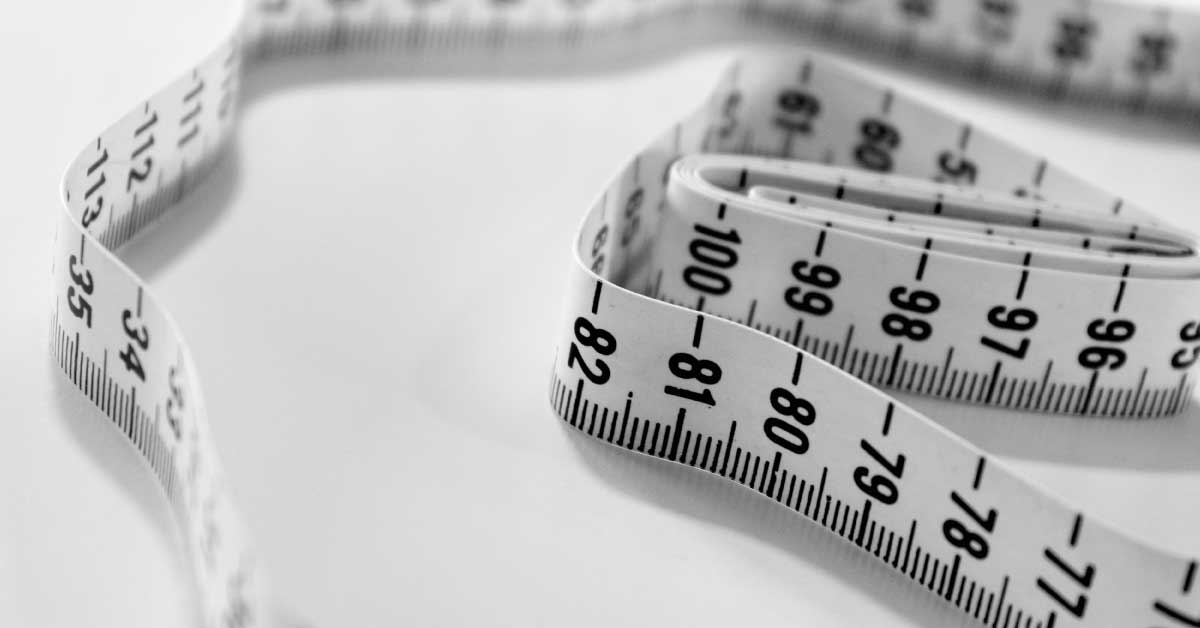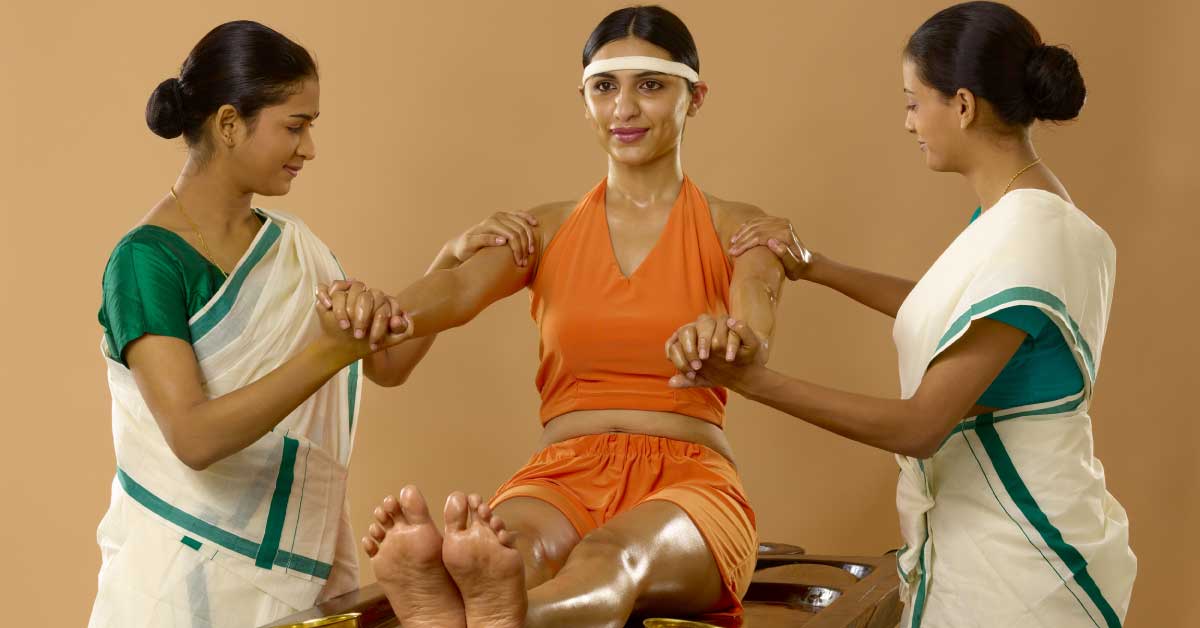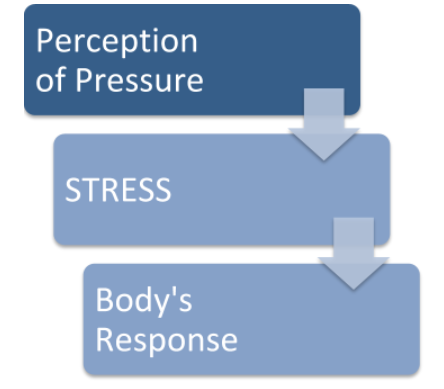Weight Management

Are you obese? Or just over-weight? Confused?? So before talking about weight management , let us discuss about these two terms.
OBESITY AND OVER-WEIGHT
Do you know that Obesity is now one of the leading causes of death world-wide? It has become a pandemic. Even children are affected resulting in various diseases.
Ayurveda includes obesity under the 8 most undesirable physical constitutions.
HOW CAN WE KNOW WHETHER IT IS OBESITY OR OVER-WEIGHT?
You all might have heard about BMI or Body Mass Index. Here is how you calculate BMI:-
BMI = (Weight of the individual in Kg) / (Height in meter) power of 2
| BMI (Kg/m2) | CLASSIFICATION | |
| From | Upto | |
| 18.5 | Underweight | |
| 18.5 | 25 | Normal Weight |
| 25 | 30 | Over-Weight |
| 30 | 35 | Class I Obesity |
| 35 | 40 | Class II Obesity |
| 40 | Class III Obesity | |
The fat in body increases mainly in buttocks, abdomen and breast regions.
The fat is distributed in body generally as:-
- Intra- abdominal fat – The deposition of fat in this region makes the body “apple – shaped”. This is common in men, person suffering from Type II diabetes, metabolic syndrome.
- Subcutaneous Fat – The deposition of fat in this region makes the body “pear – shaped”.
CAUSES OF OBESITY AND OVER-WEIGHT
Main causes are listed below:-
- The Genes
- Endocrine Disorders and other diseases:- Variations of thyroid hormones, PCOS, Mental Disorders etc.
- Changing Lifestyle:-
- Increased intake of food in large quantities
- Increased intake of food which is rich in fat
- Decreased exercise
- Sedentary lifestyle
- Passive leisure activities
Ayurveda explain the causes as:-
- Intake of heavy foods
- Lack of Physical Exercise
- Day sleep
- Heredity
COMPLICATIONS OF OBESITY
Being obese can result in:-
- Various life-style diseases like Type II Diabetes, Hypertension, Hyperlipidemia that can cause Coronary Heart Disease, Stroke etc.
- The fat accumulation in Liver can result in conditions like Cirrhosis.
- Many other complications like Exertional Dyspnoea, Sleep apnoea, Respiratory failure etc.
- Varicose veins, Osteoarthritis
- Low self-esteem, Depression
- Colorectal cancer
- Decrease in life-expectancy
The obesity results in increased mortality and morbidity.
Losing WEIGHT: Tackling Obesity
The health risks caused by obesity are largely reversible. Therefore managing body weight helps to reverse complications that arise from obesity. This can be attained by:-
-
- Balanced and healthy eating pattern/ weight loss diet
- Increased physical activity
- Practicing Yoga/ aerobics
- Internal and External Ayurvedic Medications
Ayurvedic Treatments
- Udwartanam – “ Udwartanam Kashayadi Choorna Gatra Karshanam”
Udwartana is the reinforced rubbing of the body using medicated powders. A variant of Udwartana known as Udgharshanam – in which a mixture of medicated powders and oil are used to rub on the skin. These treatments are also beneficial in diabetes mellitus associated with obesity, various neurological conditions like MND etc.
- Panchakarmas
A person who follows the Daily Regimen advised by Ayurveda can control weight and stay healthy.
REFERENCES:-
- Davidson’s Principles and Practise of Medicine
- Principles and Practice of Panchakarma
- Charaka Samhitha



